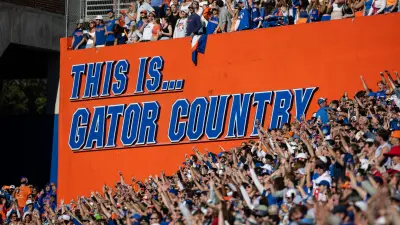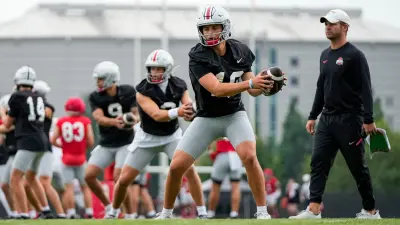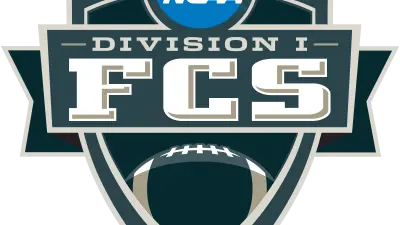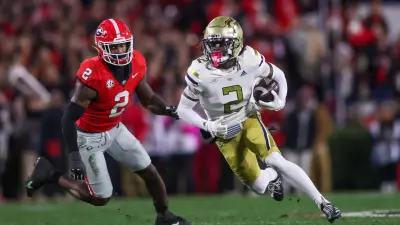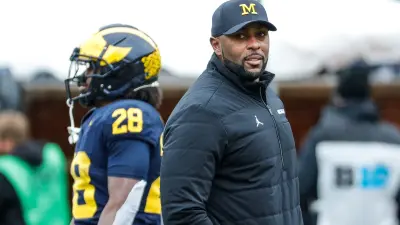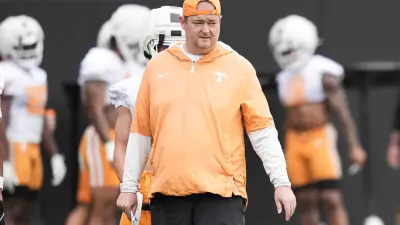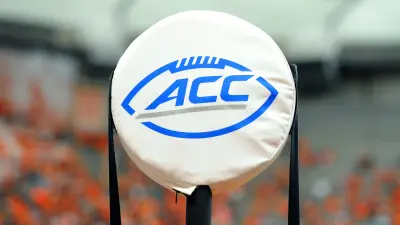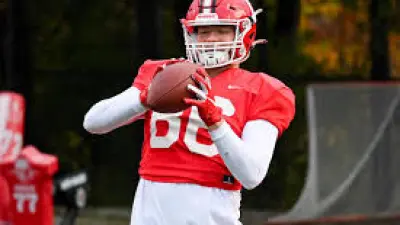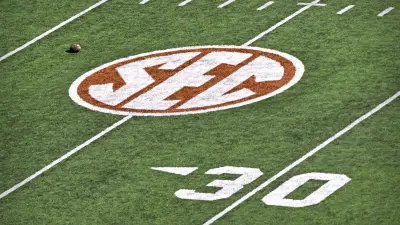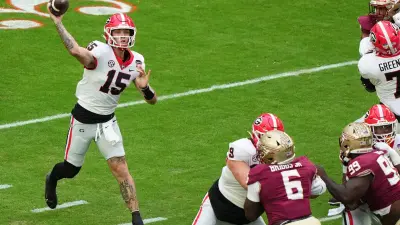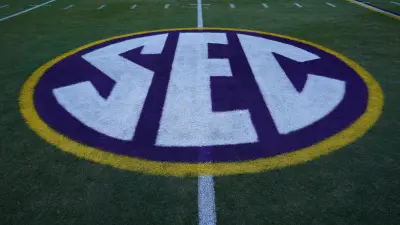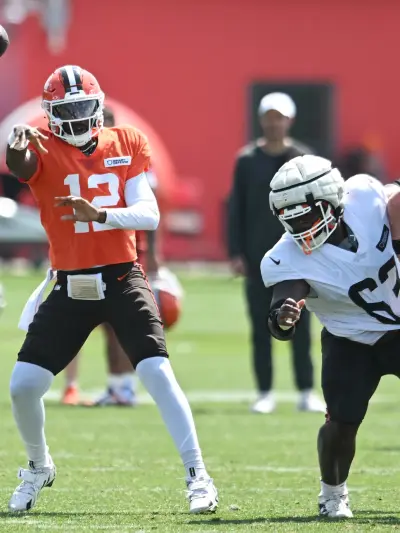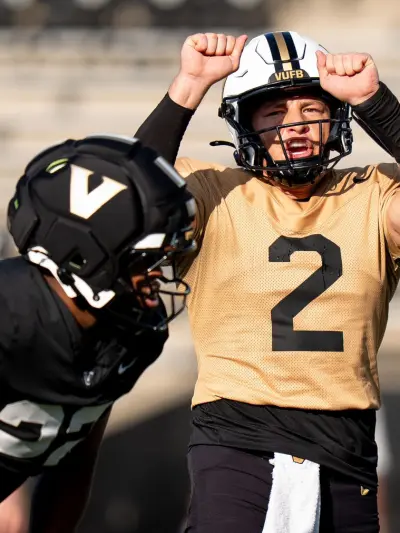By Staff
The NCAA Men’s Basketball Tournament, often referred to as March Madness, is one of the most unpredictable and thrilling sporting events in the world. Every year, millions of fans, analysts, and casual observers fill out brackets, hoping to predict the outcomes of 67 games across the tournament. Historically, sports analysts and dedicated basketball enthusiasts have used experience, statistics, and intuition to make their picks.
However, in recent years, artificial intelligence (AI) has emerged as a powerful competitor, challenging human experts in predicting tournament outcomes with advanced algorithms, deep learning models, and big data analysis.
The Rise of AI in Sports Predictions
AI has increasingly become a force in sports analytics. With the rise of machine learning, data science, and neural networks, AI-driven models now have access to vast amounts of historical and real-time data that can be used to generate predictive insights. Companies like IBM and Google, as well as independent data scientists, have developed algorithms that analyze team performance, player statistics, injury reports, and even social media sentiment to predict game outcomes. AI systems are capable of processing and analyzing thousands of games, identifying hidden patterns, and making data-driven predictions that often surpass human capability.
The integration of machine learning in online betting platforms is becoming more prevalent. For example, many international platforms now offer advanced AI-driven features, generous rewards, and even the option to use cryptocurrency with various sportsbooks online. Many of the best online betting sites in the US, of which you can see the full list here, use AI to analyze datasets to enhance user experiences through personalization, providing bettors with real-time insights that improve decision-making.
One of the most notable AI-driven sports prediction systems is IBM’s Watson, which has been used to analyze NCAA tournament data and generate bracket predictions. Other AI models rely on deep learning, reinforcement learning, and advanced statistical modeling to refine their predictive capabilities. These systems are designed to minimize bias, identify trends, and uncover hidden patterns in basketball data that may elude even the most experienced human analysts. AI, though, is not limited by traditional statistical limitations and can adjust to emerging trends in a way that human analysts often cannot.
More Sports News
How AI Predicts NCAA Tournament Outcomes
AI models use a variety of factors to make NCAA tournament predictions. They analyze team and player statistics, including offensive and defensive efficiency, shooting percentages, rebounding rates, and player impact ratings to assess each team’s overall strength. Additionally, they consider historical performance, analyzing how teams with similar statistical profiles have performed in previous years. AI also evaluates game matchups and playing styles, identifying strengths and weaknesses in head-to-head competitions.
Player injuries and team adjustments are significant variables that AI processes in real time to adjust predictions accordingly. AI systems also incorporate betting market trends, integrating betting odds and public sentiment from sportsbooks and betting markets to gauge the expectations of expert oddsmakers and general bettors.
Another key advantage AI models have is their ability to simulate thousands or even millions of tournament outcomes. Monte Carlo simulations, for example, allow AI to predict probabilities for each team’s success based on a wide array of factors. These simulations create potential game scenarios, helping to identify the likelihood of various outcomes with high precision. By processing real-time data and continuously learning from new developments, AI can adjust predictions more accurately than traditional methods.
Human Experts vs. AI: Who Wins?
Despite the advancements in AI, human analysts still play a crucial role in NCAA tournament predictions. The unpredictable nature of March Madness, characterized by shocking upsets, Cinderella stories, and clutch performances, presents challenges for both AI and human experts. Human experts possess intuition and context awareness, allowing them to assess intangible factors such as team chemistry, coaching strategies, and momentum, elements that AI struggles to quantify.
They are also adept at making game-time adjustments, adapting in real time based on emerging trends, whereas AI relies primarily on historical data and pre-game conditions. Additionally, human analysts excel in spotting X-factors, recognizing players who are likely to rise to the occasion under pressure, a factor that statistical models may undervalue.
On the other hand, AI provides unbiased analysis, removing emotional and cognitive biases that often cloud human judgment. It has immense data processing power, analyzing millions of data points in seconds, far beyond what human experts can manually assess. Additionally, AI ensures consistency in decision-making by applying the same logic across all matchups, avoiding the inconsistencies of human intuition. AI models also have the advantage of scalability; whereas a human expert may focus on a limited number of teams or games, AI can analyze every aspect of the tournament in a fraction of the time.
Case Studies: AI vs. Human Performance in Bracket Predictions
Several experiments and competitions have tested AI’s ability to outperform human experts in NCAA tournament predictions. Some AI-driven brackets have outperformed traditional brackets in specific years, but no AI model has yet cracked the code for a perfect bracket, an achievement with odds estimated at 1 in 9.2 quintillion.
In 2019, a neural network model developed by data scientists at MIT achieved an 85% accuracy rate in predicting game outcomes in the early rounds. However, the model struggled with late-tournament upsets, highlighting AI’s difficulty in handling unpredictable events. Human analysts, on the other hand, who focused on team narratives and coaching strategies successfully anticipated certain upsets that AI models overlooked.
Other AI models, such as those developed by Kaggle competitions and private analytics firms, have shown promising results in specific years. These models have successfully predicted major upsets, identified underdog teams that outperformed expectations, and provided more accurate odds than traditional betting markets. However, despite these successes, no AI system has been able to guarantee consistent accuracy due to the inherent chaos of March Madness.
The Future of AI in NCAA Predictions
AI is likely to continue evolving and becoming more sophisticated in sports predictions. Future advancements may include real-time adaptive models that continuously update predictions during games based on live statistics and player performance. Enhanced computer vision and sensor data could also be integrated, using wearable technology and on-court cameras to analyze player movements and fatigue levels in real-time.
A hybrid human-AI collaboration could possibly emerge, where human experts guide AI models by integrating qualitative insights that machines cannot fully understand. Additionally, crowdsourced AI predictions could use collective intelligence by aggregating AI-driven insights from multiple independent models to improve accuracy.
AI could begin to incorporate psychological factors into its analysis, measuring team morale, leadership dynamics, and emotional resilience. As AI integrates more complex variables, its ability to predict outcomes could improve, though it may never eliminate the uncertainty that makes March Madness so exciting.
Should You Bet on AI or Human Experts?
For those filling out brackets or placing bets on March Madness, the best strategy may be to use a combination of AI-generated insights and human expertise. AI provides a data-driven foundation, helping to identify statistical edges and probabilities. Human intuition and knowledge of intangible factors can help refine those predictions, especially in cases where AI models struggle with outliers and unpredictable upsets. While AI continues to challenge human experts in NCAA tournament predictions, the chaotic and unpredictable nature of March Madness ensures that no model, human or machine, will ever be foolproof.
Conclusion
The rise of AI in NCAA tournament predictions has changed the way we approach March Madness. By leveraging massive datasets and sophisticated machine learning models, AI has been able to challenge human experts in ways never seen before. However, the unpredictable nature of the tournament, the impact of intangible factors, and the emotional aspects of sports ensure that human intuition remains a valuable asset.
